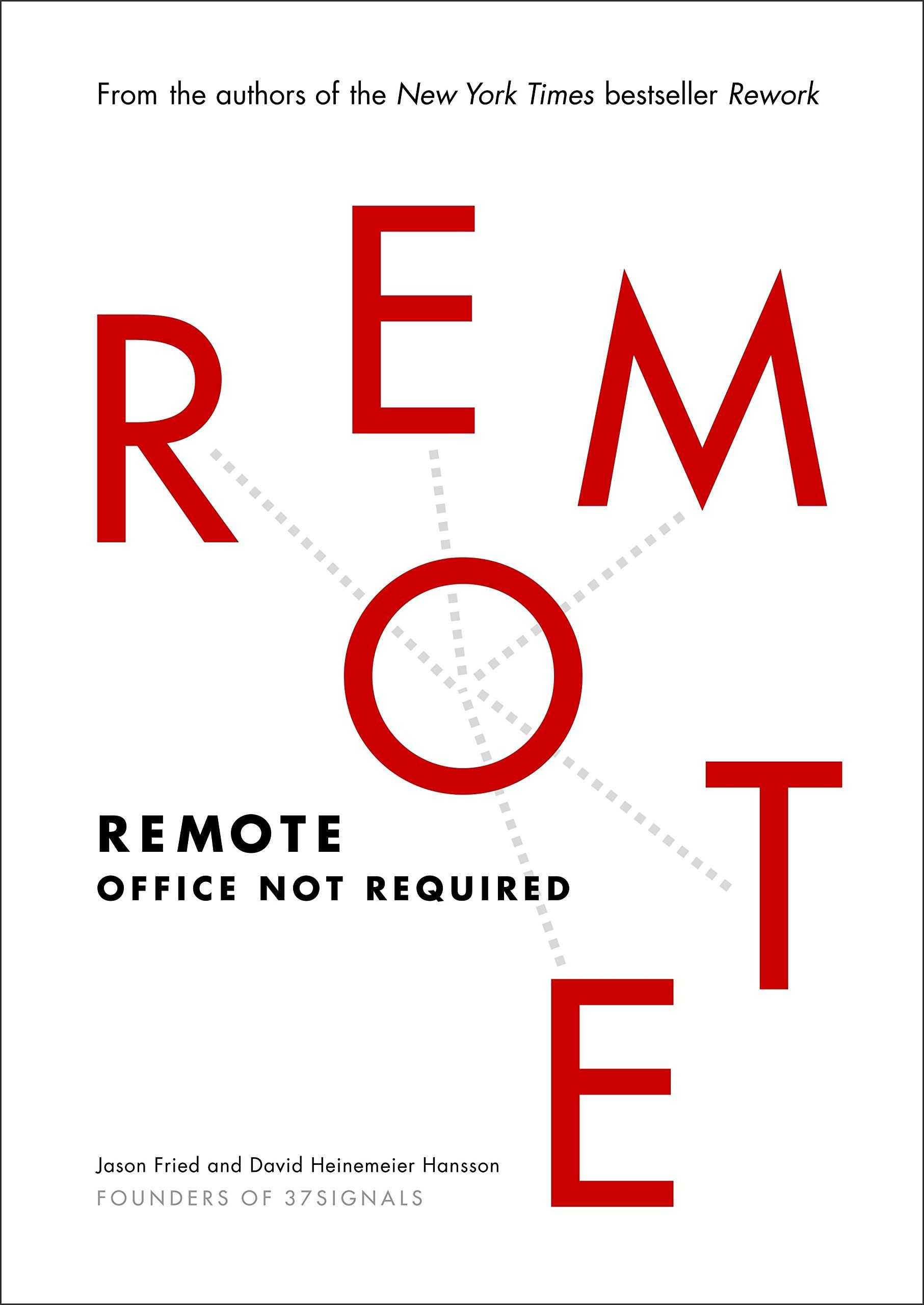8 Highlights
Meaningful work, creative work, thoughtful work, important work - this type of effort takes stretches of uninterrupted time to get into the zone.
The big transition with a distributed workforce is going from synchronous to asynchronous collaboration.
Culture is incredibly important when it comes to loosening the leash. The stronger the culture, the less explicit training and supervision is needed.
The best cultures derive from actions people actually take, not the ones they write about in a mission statement.
In reality, it’s overwork, not underwork, that’s the real enemy in an successful remote-working environment.
The scarcity of such face time in remote working situations makes it seem that much more valuable. And as a result, something interesting happens: people don’t waste the time. And awareness of scarcity makes them use it wisely.
Routine has a tendency to numb your creativity.
Remote work has already progressed through the first two stages of Gandhi’s model for change: “First they ignore you, then they laugh at you, then they fight you, then you win.”
